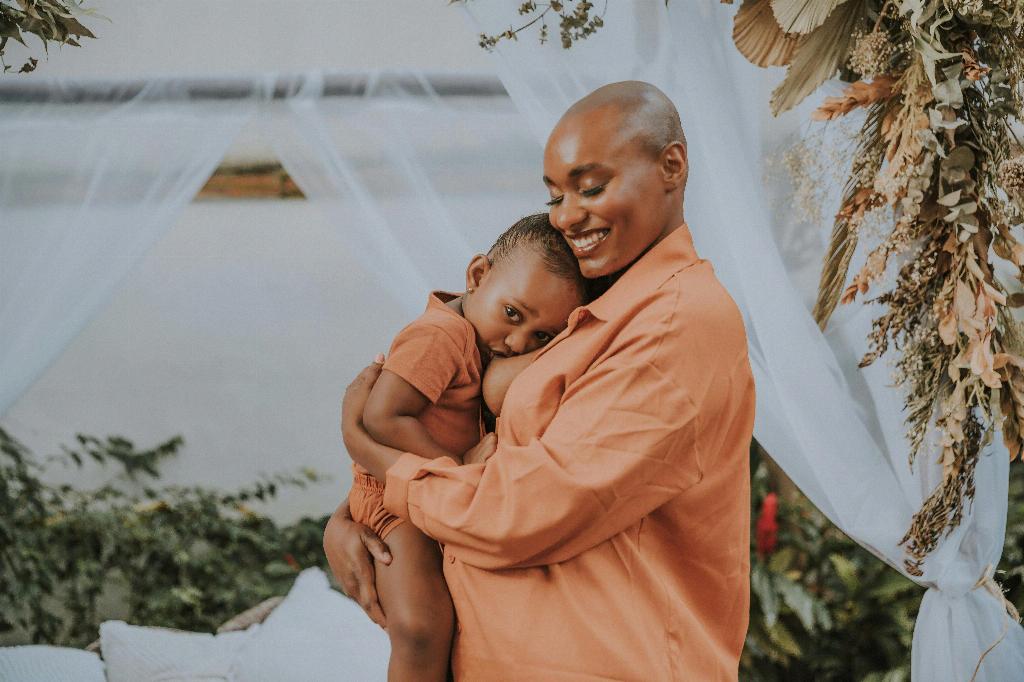Experiencing breast pain in one breast can be a cause for concern for many individuals. It is essential to pay attention to any changes or discomfort that you may be feeling in your breast, as it could be indicative of underlying issues that require medical attention.
When to Seek Medical Attention
If you are experiencing breast pain that continues daily for more than a couple of weeks, occurs in one specific area of your breast, or seems to be getting worse over time, it is crucial to make an appointment with your doctor. These could be signs of an underlying issue that needs to be addressed promptly.
Causes of Breast Pain
There are several possible causes of breast pain, ranging from hormonal fluctuations and benign breast conditions to more serious issues such as breast cancer. Understanding the root cause of your breast pain is essential in determining the appropriate course of action.
Hormonal Fluctuations
One common cause of breast pain in one breast is hormonal fluctuations, particularly during menstruation or menopause. Changes in estrogen levels can lead to breast tenderness and discomfort, which typically subside once hormone levels stabilize.
Benign Breast Conditions
Benign breast conditions, such as fibrocystic changes or cysts, can also cause breast pain in one breast. While these conditions are typically non-cancerous, they can still lead to discomfort and may require treatment or monitoring by a healthcare professional.
Injury or Trauma
If you have experienced injury or trauma to your breast, such as a fall or blow to the chest, it is not uncommon to experience pain in one breast. It is essential to seek medical attention to rule out any underlying damage or complications.
Underlying Health Issues
In some cases, breast pain in one breast could be a symptom of underlying health issues, such as breast infections, mastitis, or in rare cases, breast cancer. It is crucial not to ignore persistent pain and to consult with a healthcare provider for proper evaluation and diagnosis.
Self-Examination and Awareness
Regular self-examination of your breasts is key to detecting any changes or abnormalities early on. By being aware of your breast health and seeking medical attention for any concerning symptoms, you can take proactive steps towards maintaining your overall well-being.
Consulting a Healthcare Provider
If you have any doubts or concerns about breast pain in one breast, do not hesitate to schedule an appointment with your healthcare provider. They can conduct a thorough evaluation, provide guidance on potential causes, and recommend appropriate tests or treatments as needed.
Emotional Support and Community
Coping with breast pain, especially when it raises concerns about your health, can be emotionally challenging. Seeking support from loved ones, joining online communities, or speaking with a counselor can help you navigate these feelings and find comfort in knowing that you are not alone in your journey.
Overall Well-being
Remember that taking care of your physical and emotional health is essential in addressing any health concerns, including breast pain. Prioritize self-care, maintain open communication with your healthcare provider, and advocate for your well-being every step of the way.
Final Thoughts
In conclusion, while experiencing breast pain in one breast can be unsettling, it is vital to approach it with attentiveness and proactive care. By seeking medical advice, staying informed about your breast health, and prioritizing self-care, you can navigate any potential challenges with confidence and resilience.

